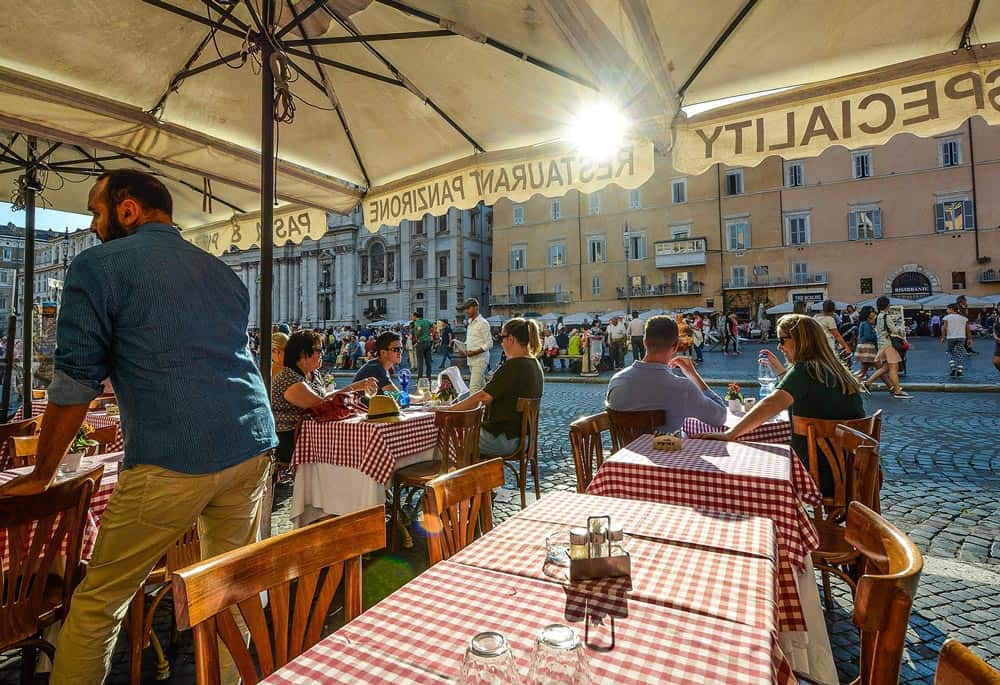
Italy is known for its rich history, delicious food, and stunning landscapes. But what about healthcare? Is healthcare free in Italy? Let's delve into the details of the healthcare system in Italy to find out.
The healthcare system in Italy is a mix of public and private providers. The National Health Service (NHS) provides universal coverage to Italian residents and registered expats. This means that healthcare services are available to everyone, regardless of their income or nationality.
Under the Italian healthcare system, primary care services such as visits to general practitioners and hospital admissions are free of charge. Patients are required to pay a small fee for prescription medications, medical devices, and certain specialist care.
Emergency care is also provided free of charge, regardless of whether the patient is a resident or a tourist. This includes ambulance services, hospital admissions, and emergency surgeries.
While the NHS in Italy provides a high standard of care, many Italians also choose to supplement their healthcare coverage with private insurance. Private insurance can help individuals access faster appointments, choose their preferred healthcare provider, and receive additional services not covered by the NHS.
Expats living in Italy are advised to register with the Italian healthcare system to access healthcare services. This can be done by obtaining an Italian health card, known as the Tessera Sanitaria. With this card, expats can access the same healthcare services as Italian residents.
Overall, healthcare in Italy is of a high standard, with both public and private providers offering a range of services to residents and expats. While primary care services are free of charge, patients may need to pay for prescription medications, medical devices, and specialist care. By understanding the healthcare system in Italy, residents and expats can make informed decisions about their healthcare needs.


